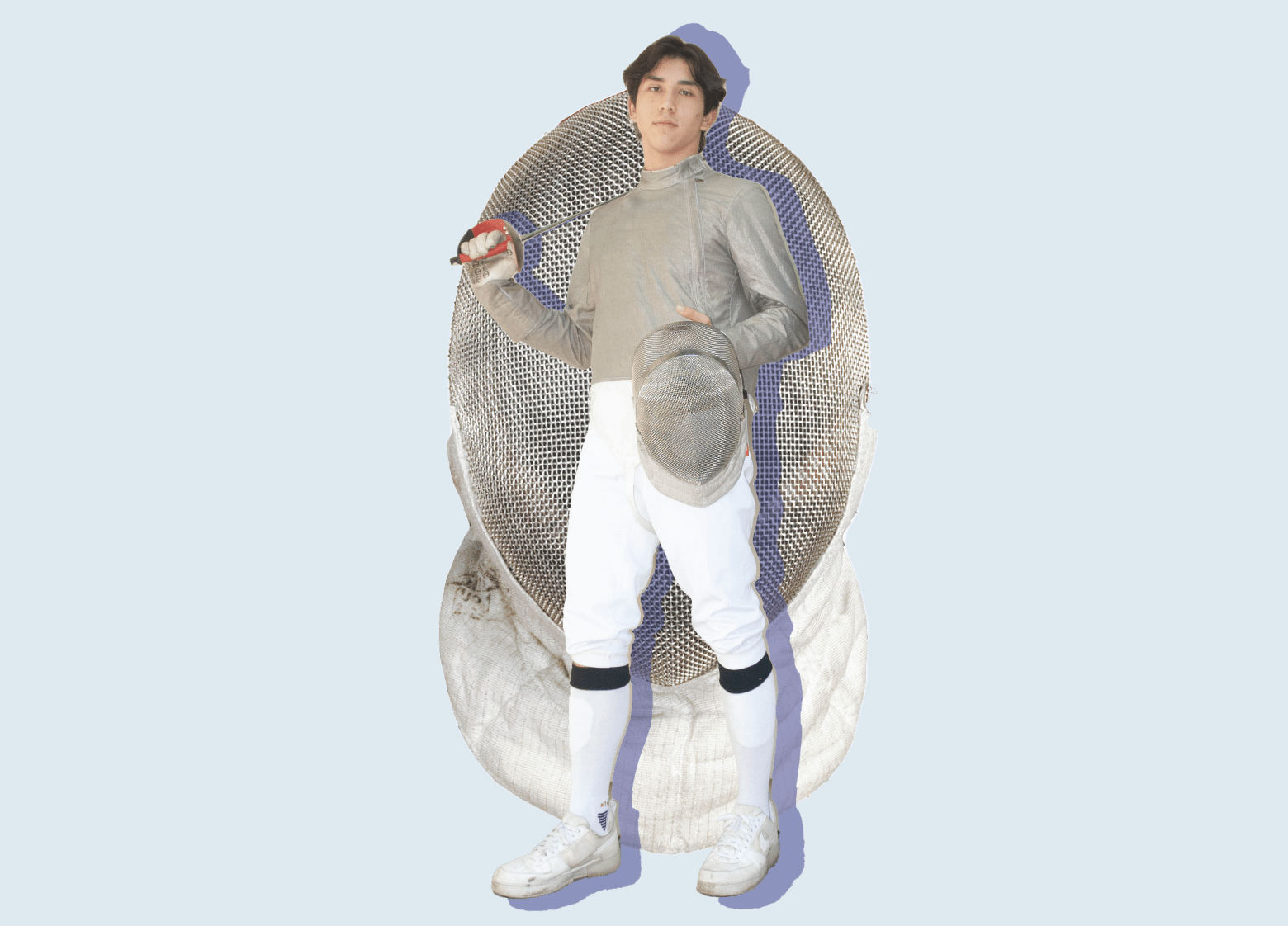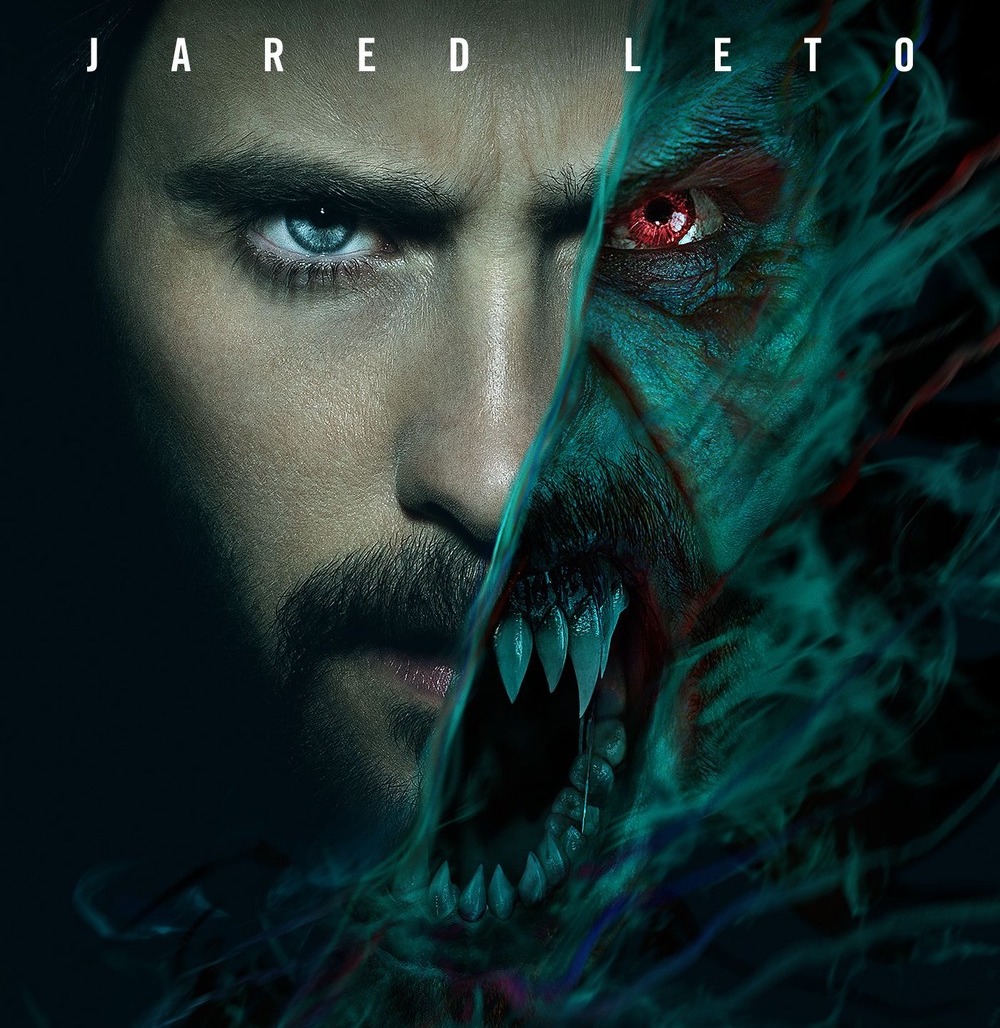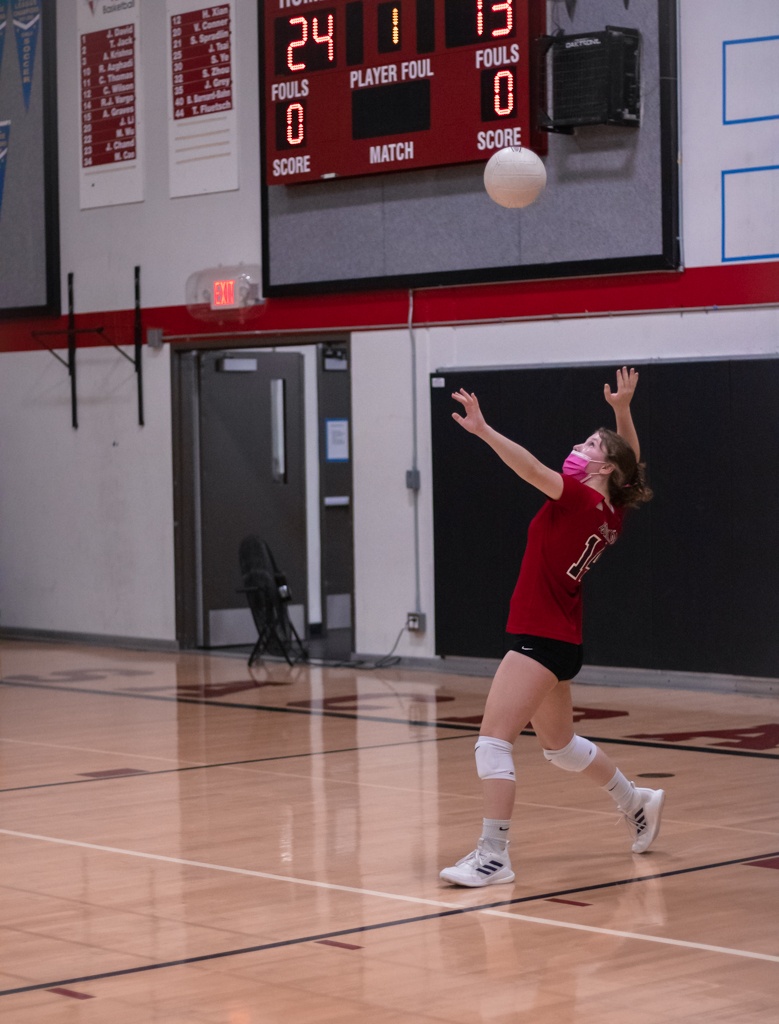FRESHMAN FOCUS: Héloïse Schep, ’20, enjoys political science classes in person at Amherst
Héloïse Schep attends Amherst College in Massachusetts. She hasn’t declared a major, but she’s considering political science or Law Jurisprudence and Social Thought, or LJST, an Amherst-specific major.
Q: Why did you decide to return to campus?
A: I felt like if I came to campus, I would be in a supportive community and I would be able to discover more about Amherst and make the most of my time here. I knew there’d also be special opportunities on campus and classes that would only take place in person. I really wanted to make the most of that.
It’s a really nice community to be in: the people are wonderful; the facilities are really nice. I feel very motivated to work here. It didn’t really seem like there would be a downside to coming on campus.
Q: Did COVID-19 affect your decision to return?
A: Yes, it was really important to me to have a school that would be more likely to stay in person; I love in-person classes and being on campus. It’s a very small school in a very rural area. It’s pretty easy to isolate from other people here, so I thought that it would be better than a larger school or a school that was more in a city.
Q: What COVID-19 precautions are Amherst taking?
A: Let me take you all the way back to the very beginning. We had to move in on a certain date at a certain time — you had an hour or half-hour long window. Nobody could help you move in.
You had to get three negative tests before you could move into campus and then you were tested immediately on arrival to campus. Then you would quarantine for two days until you could get another negative test. We partnered with the Broad Institute to give the tests. In the beginning, we had to wait two days to get our tests back; now, it’s a couple of hours.
I moved in the very first day we could, a week before classes actually began. In that first two weeks, we had to get all our meals from outdoor tents. After a two week period, we were able to eat indoors.
We get tested three times a week. There’s a lot of classes that are happening remotely. All the facilities, like our science center or our library, cut down on the seating that’s available because you don’t want people sitting too close to each other. There are a bunch of huge tents that are outdoors and some of your classes are in there. I had a class that was outside until it got too cold because it’s already started snowing here. Now it’s indoors, but it used to be outside.
We don’t have roommates, so I have a double to myself, which is really nice. Obviously, you have to wear masks everywhere. You have to be on campus at all times. I guess that’s a big part for people because people enjoyed going outside and leaving campus, which we can’t do.
Q: What classes did you take in your first semester?
A: I’m taking four. Introduction to American Politics is a political science class. The way it works is you have a larger group that’s following a series of core lectures and a core curriculum that is online and you break up into smaller discussion sections. Each discussion section is also focused on a smaller subset of American politics. My section is focused on violence in American politics.
The second class is International Relations Gone Viral, which is also a political science class. It’s a hybrid version so I think about five or six of us are actually following it in person and the rest are on Zoom. It’s providing an introduction to international relations, but it’s also talking specifically about how COVID-19 impacted international relations. That was one of the reasons why I chose it because I was like “Wow, I can really only take this class now, it’s very, very current.”
The third class that I am taking (is) Legal Questions, which is an LJST class. It’s basically looking at law but more about how law interacts with other elements of society. My class is about Japanese internment very specifically, so we are focused on three court cases — Hirabayashi, Korematsu, and Trump v Hawaii.
Then the last class that I’m taking is my first-year seminar. Amherst has an open curriculum, so you can take any class that you want to have — in theory, you just need to take 30 classes to graduate. The only requirement is that you take a first-year seminar, which are classes that are supposed to help you build your writing and critical thinking.
The one that I’m in is called Transformative Ideas, which looks this year specifically about different writers that have had a big impact on how we see the other, so people who are unlike us. It’s only first years, so it’s also supposed to be a bonding experience, obviously, but it is on Zoom.
Q: What classes will you take next semester?
A: I think four different classes, and then I’m taking a course during January semester, which you don’t have to. That one is cramming the whole semester into four weeks. I’m very excited to see how that is gonna work.
My January term class is called Guns in American Politics. It is looking quite literally at the Second Amendment and different perspectives on the role of guns in American history. I’m very interested in it because that’s always been an element of American culture that I don’t feel like I fully understand.
Q: What is your favorite class so far?
A: My International Relations Gone Viral class. I feel like a class that’s specifically focused on how international relations have been impacted by COVID-19 feels so important and relevant now. It also just seems very rare that our curriculum would be articles that’d be written a month, two months ago and our discussion is shifting. It feels very cool, very much relevant to our life right now.
One thing I also think is very cool about that class is that we have different people that work in the international relations field. People that work for the United Nations, people that work for different NGOs, but also political science professors that are from Dartmouth or other colleges come in. We get to ask them as many questions as we want, and that is so cool. I’m able to meet so many people through that and learn so many cool things.
Also we do a lot of simulations, both designing and participating in them. A simulation being (where) you’re with a group of people and you represent a country. Then something happens, like you are attacked, or you need to build a road and you need to convince other people to invest money in your nation. Obviously we’re reacting to it as students, but then we have to write about how it reflects international relations theories. It’s so cool to know that even without thinking about it I might be acting in a constructivist manner, which is an international relations theory .
Q: What is your least favorite class so far?
A: It would be my first-year seminar. I really appreciate being able to bond with other first years, and I like a class in theory that gives me a lot of writing and reading practice. The only thing is that it’s entirely on Zoom, and it’s an hour and 20 minutes two times a week, which is a long time to be staring at a Zoom call. I love the content that we’re reading, but Zoom really takes a toll on you.
Q: What was the transition from Country Day to Amherst like?
A: The easiest thing. The reason being that I’m still going to a small college where there’s a strong sense of community, the same way it would be at Country Day. We would have poetry readings here around a tree. You definitely get the same personal sense that you would at Country Day.
For example, our president, Biddy Martin. Everyone calls her by her first name. I was in a Zoom call with her and we were just chatting about her life and it’s the same with a lot of my professors. I feel like I know them as people, and that seems like a very Country Day thing.
Q: Have you made any freshman mistakes?
A: I’ve definitely left my ID inside my room a lot because I’m not used to wearing a lanyard around my neck. I would usually just put it in my pocket, but sometimes it’s in the pocket of my raincoat but I’m actually wearing my thick winter jacket now. I’ve definitely lost it a bunch of times and then had to text other people like “Hi, can you let me in.”
Q: What extracurricular activities are you participating in?
A: I’m on the Judiciary Council, which is part of our Association of Amherst Students, which has a senate, and then an executive branch, and then judicial. It’s an elected position so I had to run and then people had to vote for me.
Amherst has a constitution that the senate (and) also organizations have to abide by. So, the judiciary is responsible for constitutional review every single year. If someone says that the senate broke the constitution, then we have to be the ones that judge it.
I’m on the Roosevelt Institute, which is our on-campus Think Tank, so we choose projects and try to see how we can improve the community. Right now we’re working on textbook accessibility — textbooks are expensive, why do we still have to pay for them? (We’re) basically trying to make sure that our campus becomes more equitable.
I’m on the Williams Translation Project, and also Confluences. The Williams Translation Project is translating legal documents, like immigration documents for people who want to immigrate to America or become U.S. citizens but would like the documents to be translated into a different language. Because I speak Dutch, I was able to help out with that.
Confluences is our multilingual literary magazine, so I translate stuff for that. I can become a writer, too, but mostly what I do is I take other people’s pieces and I translate them into Dutch.
Q: Do you have any advice for the class of 2021?
A: I think obviously a lot has changed about the way college looks. But I would say, still have confidence in the fact that Country Day is preparing you well, especially academically. You will have a really good foundation of reading and writing skills, and also I’m sure STEM skills — I just can’t attest to that because I’m not taking any STEM classes. You will have a really good academic foundation for going to college, which will make it a lot easier when you have a lot of these other transitions.
[letsreview]
— By Samhita Kumar




